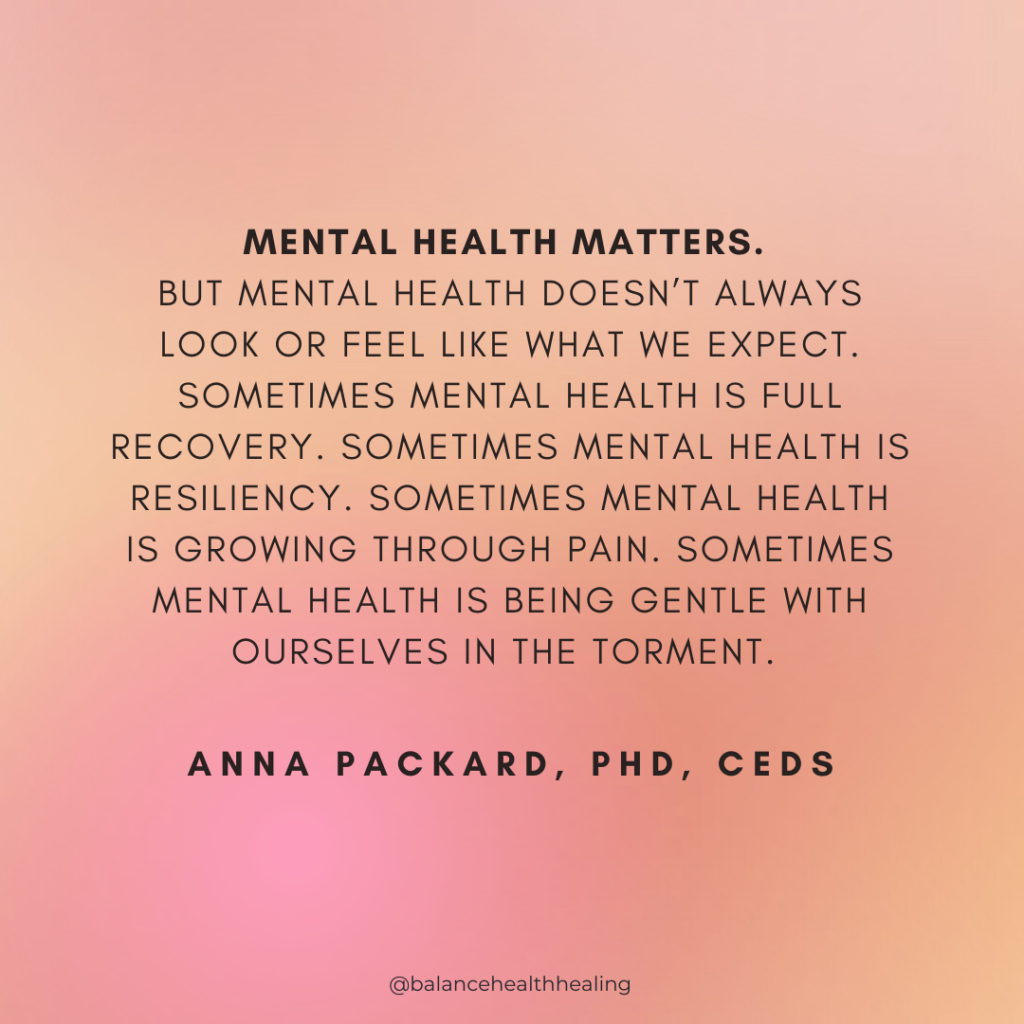I was so grumpy. I hated the world and everyone in it. It was grey, and dark outside and I felt the same inside. My children were grating my nerves, and my husband couldn’t do anything right. I wanted everyone to go away and be left alone with my self-loathing. 
I knew I could turn to my “toolkit” for help with my mood, but I resisted. Sometimes I just want to let the storm rage rather than rally the strength required to quell it.
Hours later, reluctantly, and almost angrily, I decided to try one the strategies that had helped me in the past. I started looking through my camera roll at happy memories from the last year and started writing a gratitude list. It took about 30 minutes, but I felt better.
I’m NOT about to give you an advertisement on the power of coping strategies. I have a love -hate relationship with coping strategies as much as my clients do. I share this experience because I want you to know I was surprised at how well this strategy worked for me in this moment. This usually isn’t the case. Coping strategies are important elements in our wellness toolkits but they are often disappointing. Coping strategies are exactly that…ways to cope. They aren’t strategies to produce miracles.
Because mental illness doesn’t like to play by rules or respond perfectly to “formulas.” We can always do things to help ourselves in difficult emotional spaces…but the degree to which those emotional spaces change in response to our efforts, varies from time to time.
Sometimes we can overcome mental illness. And sometimes, perhaps more often than we want to talk about, mental illness is something we manage.
For me, this is my on-again, off-again relationship with depression.
Depression entered my life when I was a young teenager, but I would not understand it as depression until much later. I interpreted it as teenage heartbreak and body self-loathing. It wasn’t until I recovered from my eating disorder that I saw depression quietly abiding beneath and I was able to name it.
Medication and therapy changed everything. Later, in graduate school, I successfully went off my antidepressants and sustained my “recovery” from depression. I was doing well. I was hopeful that depression was a thing of my past, part of my broody teenage, young adult life. I believed the dogged optimism I inherited from my father, paired with the valuable skills I learned training as a psychologist, was everything I needed to leave depression behind.
That’s not how my life progressed. At this point, I honestly can’t count the number of depressive episodes I’ve had. Sometimes they last months and months. One episode, postpartum, lasted two years. And then sometimes depression visits only for days, which technically means it doesn’t qualify as an “episode” but is painful nonetheless.
Each experience with depression varies by degree and intensity. Sometimes the episode is so subtle that it’s not until the depression lifts that I realize I was depressed at all. Other times the darkness is so visceral and consuming it is physically painful. 
I have done a lot of work to understand my experience with depression and my relationship to it. In my 20s, when I was between depressive episodes, I lived in constant fear, wondering when the next episode would come. That is no longer my experience.
I am not afraid of my depression anymore. I still hate it, but I know how to manage it. I know how to take care of myself when it comes knocking and decides to stay for a while.
When I recognize it, I let depression help me grow. It stretches me, and it increases my compassion for others. It connects me to the humanity all around me as we each fight our own battles. Depression forces me to slow down, prioritize, and live more gently in this chaotic world. It forces me to plunge depths I don’t want to explore, but when I emerge, I am more deeply appreciative of the light. If I let depression be my teacher, it sure helps the visit pass more tolerably.
Sometimes, depression just sucks. Part of managing mental illness can be letting myself ride the waves without having to tell myself “This is great because I’m learning to swim!” Sometimes I just feel dark, alone, scared, and broken. And that’s ok too. Those feelings, like all, will ebb and flow and I don’t always have to paint them pretty or make them meaningful.
In summary, here’s what I’ve learned from my personal experience: Mental health matters. But mental health doesn’t always look or feel like what we expect. Sometimes mental health is full recovery. Sometimes mental health is resiliency. Sometimes mental health is growing through pain. Sometimes mental health is being gentle with ourselves in the torment.

